Cybersecurity has become a critical concern in the digital age, where virtually every aspect of our lives relies on the internet and connected systems. With the increasing volume and sophistication of cyber threats, the importance of robust cybersecurity measures cannot be overstated. It is not only about protecting sensitive data but also ensuring the continuous operation of critical infrastructure and maintaining the trust of individuals and businesses in the online world.
Indian Cybersecurity companies have emerged as key players in the global cybersecurity landscape. India’s rapidly growing IT industry, coupled with a deep talent pool in cybersecurity, has paved the way for innovative and effective solutions. These companies provide cutting-edge technologies and services that not only safeguard Indian organizations but also cater to a global clientele, bolstering the cybersecurity sector’s significance on a global scale.
In this article, we will delve into the world of Indian cybersecurity companies, exploring their role in enhancing digital security, their contributions to the global cybersecurity ecosystem, and the unique challenges and opportunities they face in a digital era characterized by relentless cyber threats.
Latest Penetration Testing Report

Why India for Cybersecurity?
India is rapidly emerging as a cybersecurity hub, and several factors contribute to this growth. The Indian cybersecurity landscape is undergoing a remarkable transformation, and its significance is increasingly felt on a global scale. Let’s explore the key reasons behind India’s ascent as a prominent player in the field of Indian Cybersecurity:
1. Thriving IT Industry:
- India’s thriving IT industry has played a pivotal role in the growth of its cybersecurity sector. The presence of numerous IT companies and professionals has created a rich ecosystem for developing and implementing cutting-edge security solutions.
2. Skilled Workforce:
- India boasts a vast pool of highly skilled and tech-savvy professionals. This talent base, with expertise in various facets of cybersecurity, has been a driving force behind the industry’s growth.
3. Government Initiatives:
- The Indian government has recognized the critical importance of cybersecurity and has introduced initiatives to foster its growth. The “Digital India” campaign and the “National Cyber Security Policy” are some examples of these efforts.
4. Global Outreach:
- Indian cybersecurity companies have a strong global outreach. They provide services and solutions to clients worldwide, making significant contributions to the global cybersecurity ecosystem.
5. Rising Cyber Threats:
- With the increasing frequency and sophistication of cyber threats, the demand for robust cybersecurity measures has grown exponentially. Indian companies have risen to meet this demand with innovative and effective solutions.
6. Innovation and Research:
- The Indian cybersecurity sector actively encourages innovation and research. Companies and educational institutions collaborate to advance security technologies and practices.
7. Cost-Effective Solutions:
- Indian cybersecurity companies offer cost-effective solutions compared to their Western counterparts, making their services attractive to organizations globally.
8. Compliance and Regulations:
- India’s focus on cybersecurity compliance and regulations has made it an attractive destination for businesses looking to secure their operations in alignment with international standards.
The growth of India’s cybersecurity industry is driven by a combination of factors that include a robust IT ecosystem, a skilled workforce, government support, and a commitment to innovation. As we delve deeper into the realm of Indian Cybersecurity, we’ll uncover more insights into the unique contributions and challenges of this evolving sector.
Challenges and Opportunities in Indian Cybersecurity
The Indian cybersecurity industry is marked by both challenges and opportunities as it continues to evolve. These dynamics shape the sector’s growth and its role on the global stage. Let’s delve into the key challenges faced by cybersecurity companies in India and the growth opportunities they can harness:
Challenges:
- Talent Shortage: While India boasts a vast talent pool, there is still a shortage of skilled cybersecurity professionals to meet the increasing demand.
- Evolving Threat Landscape: Cyber threats are continuously evolving, and staying ahead of new attack techniques and vulnerabilities requires constant adaptation.
- Competition: The Indian cybersecurity sector is highly competitive, with both domestic and international players vying for market share.
- Compliance and Regulation: Keeping up with evolving international and domestic cybersecurity regulations can be challenging for companies.
- Resource Constraints: Many startups and smaller companies face resource constraints, limiting their ability to invest in research and development.
Opportunities:
- Global Demand: The global demand for cybersecurity services and solutions continues to grow, offering Indian companies the opportunity to expand their global footprint.
- Innovation: The need for innovation in cybersecurity solutions provides opportunities for Indian companies to develop cutting-edge technologies and practices.
- Government Initiatives: Continued government support and initiatives focused on cybersecurity can open up new avenues for companies in this sector.
- Education and Training: Investment in education and training programs can help address the talent shortage and create a more skilled workforce.
- Cost-Effective Solutions: The cost-effectiveness of Indian cybersecurity services can attract international clients looking for value-driven solutions.
Indian cybersecurity companies are navigating these challenges and harnessing the opportunities to carve a significant niche in the global cybersecurity landscape. As they continue to innovate and adapt, they play a vital role in addressing the complex and ever-evolving cybersecurity challenges faced by organizations worldwide.
Importance of Cybersecurity in the Digital Age
The digital age has ushered in unprecedented convenience and opportunities for businesses. However, it has also brought forth a new era of threats. In this era, emphasizing the relevance of cybersecurity is paramount. Let’s delve into why every business should prioritize cybersecurity in the current digital landscape:
1. Protecting Sensitive Information:
- In the digital age, businesses store a vast amount of sensitive data, including customer information, financial records, and intellectual property. Cybersecurity safeguards this data from theft and unauthorized access.
2. Ensuring Business Continuity:
- Cyberattacks can disrupt operations, leading to financial losses. Robust cybersecurity measures help ensure business continuity, even in the face of cyber threats.
3. Maintaining Customer Trust:
- Customers trust businesses to protect their data. A breach can erode that trust and damage a business’s reputation. Cybersecurity is essential to maintaining this trust.
4. Adhering to Regulations:
- Various industries have strict regulatory requirements for data protection. Cybersecurity measures help businesses comply with these regulations, avoiding fines and legal complications.
5. Guarding Against Cyber Threats:
- The digital landscape is rife with cyber threats, from malware to ransomware and sophisticated hacking attempts. Cybersecurity is the first line of defense against these threats.
Innovations and Technologies in Cybersecurity
The field of cybersecurity is continually evolving to stay ahead of cyber threats. The latest innovations and technologies in cybersecurity benefit businesses by offering advanced protection and proactive threat mitigation. Here are some of the key innovations and technologies:
1. Artificial Intelligence (AI) and Machine Learning:
- AI and machine learning enable predictive analysis of cyber threats, identifying patterns and anomalies in real-time data to proactively detect and respond to potential breaches.
2. Zero Trust Security Model:
- This model operates on the principle of “never trust, always verify.” It assumes that threats exist both outside and inside the network and requires verification from anyone trying to access resources.
3. Multi-Factor Authentication (MFA):
- MFA adds an extra layer of security by requiring multiple forms of verification, such as a password and a fingerprint scan, to access accounts.
4. Blockchain Technology:
- Blockchain enhances the security of data storage and transmission by creating a tamper-proof ledger, reducing the risk of data manipulation or breaches.
5. Threat Intelligence Platforms:
- These platforms provide real-time data on emerging threats and vulnerabilities, helping businesses stay informed and take proactive measures.
6. Security Orchestration, Automation, and Response (SOAR):
- SOAR platforms automate incident response processes, enabling faster threat resolution and reducing the workload on security teams.
Incorporating these innovations and technologies into their cybersecurity strategies empowers businesses to proactively safeguard their digital assets and maintain a strong defense against the evolving landscape of cyber threats.
Top Cybersecurity Companies in Indian Cybersecurity Landscape
Qualysec
Qualysec, A Cybersecurity company founded in 2020 is a leading cybersecurity provider. Qulaysec is also known for its renowned cutting-edge technology and expertise in cybersecurity assessments. With a team of skilled professionals, Qulaysec offers a comprehensive range of services, including various vulnerability assessments and penetration testing.
What sets Qulaysec apart is its commitment to staying ahead of the curve in terms of emerging threats and advanced hacking techniques. They employ state-of-the-art tools and methodologies to ensure thorough and accurate assessments. Qulaysec’s team of experienced professionals brings a wealth of knowledge and a human touch to their engagements. This in turn helps foster collaboration and deliver actionable insights.
Technicians at Qualysec can detect flaws that fraudsters could abuse. After these flaws have been found, Qualysec collaborates with the organization to establish a plan to address them and boost the company’s overall security posture. Among the several services available are:
- Web App Pentesting
- Mobile App Pentesting
- API Pentesting
- Cloud Security Pentesting
- IoT Device Pentesting
- AI /ML Pen-testing
Hence, choose Qualysec for comprehensive and reliable cybersecurity services. Also, their penetration testing guide will help you make informed decisions and understand the various factors that impact the cost. Hence, protect your assets and enhance your security posture by choosing us.
Key Features
- Over 3,000 tests to detect and root out all types of vulnerabilities.
- Capable of detecting business logic errors and gaps in security.
- Ensures zero false positives through manual pen testing.
- Compliance-specific scans for SOC2, HIPAA, ISO27001, and other relevant standards.
- Provides in-call remediation assistance from security experts
Qualysec’s mission is to become a trusted partner for businesses seeking advanced cybersecurity services. Their vision is to contribute to a safer digital ecosystem for organizations and individuals alike. Qualysec Technology Pvt. Ltd. focuses on providing a wide range of cybersecurity services, including vulnerability assessments, penetration testing, security consulting, security awareness training, and incident response. Their expertise spans multiple industries, making them a versatile choice for businesses seeking tailored cybersecurity solutions. Hence it is among the top cybersecurity companies in India.
Services and Solutions
Qualysec Technology Pvt. Ltd. offers a wide array of cybersecurity services, including risk assessments, security audits, penetration testing, security awareness training, incident response, and managed security services. Their specialized solutions cater to various industries, helping clients fortify their security defenses and mitigate potential risks effectively.
Tata Consultancy Services (TCS)
Overview of TCS Cybersecurity Services
Tata Consultancy Services is a global leader in the cybersecurity domain, offering a wide range of services tailored to meet the specific needs of businesses. Their services include risk assessment, vulnerability management, threat intelligence, incident response, and managed security services. TCS employs cutting-edge technologies and a team of skilled cybersecurity experts to deliver comprehensive solutions.
Major Cybersecurity Projects and Partnerships
TCS has been involved in numerous cybersecurity projects with major clients across various industries. Their partnerships with international cybersecurity organizations have helped them stay at the forefront of the industry. TCS actively collaborates with governments, enterprises, and research institutions to address emerging cyber threats. The excellence of TCS in the cybersecurity space has been recognized through various industry accolades and awards. Their dedication to innovation, data security, and client satisfaction has positioned them as one of the most trusted cybersecurity partners for businesses in India and beyond. Hence it is among the top cybersecurity companies in India.
IBM India
IBM’s Cybersecurity Solutions and Services
IBM is renowned for its comprehensive cybersecurity solutions that cater to businesses of all sizes. Their services include threat hunting, security intelligence, and managed security services, empowering organizations to proactively safeguard their digital assets.
Focus on AI and Machine Learning in Cybersecurity
IBM has embraced the potential of AI and machine learning in cybersecurity. Their Watson for Cyber Security platform analyzes vast amounts of data to detect threats, enabling faster and more accurate threat identification and response. IBM actively collaborates with Indian cybersecurity professionals, academia, and government bodies to strengthen the country’s cybersecurity ecosystem. They conduct workshops, share threat intelligence, and contribute to policy development. Hence it is among the top cybersecurity companies in India.
Accenture India
Accenture’s Role in the Indian Cybersecurity Landscape
Accenture plays a pivotal role in shaping India’s cybersecurity landscape with its advanced services and thought leadership. They help businesses fortify their security defenses and navigate complex cybersecurity challenges.
Accenture collaborates with leading cybersecurity organizations and academic institutions to foster innovation and knowledge exchange. These partnerships contribute to the continuous improvement of their services. Accenture’s dedication to excellence has earned them several accolades and recognitions in the cybersecurity industry. Their commitment to client satisfaction and cybersecurity excellence positions them as a top cybersecurity service provider. Hence it is among the top 10 cybersecurity companies in India.
Ernst & Young (EY) India
EY adopts a holistic approach to cybersecurity and risk management, combining technology, processes, and human expertise to protect businesses from cyber threats. They provide services like vulnerability assessment, incident response, and cybersecurity governance.
EY actively contributes to the cybersecurity community through its research and publications. Their insightful reports on cyber threats and best practices provide valuable guidance to businesses and policymakers. EY’s successful projects with Indian enterprises have bolstered its reputation as a trustworthy cybersecurity partner. Their ability to understand local challenges and global trends makes them a preferred choice for businesses seeking cybersecurity services. Hence it is among the top 10 cybersecurity companies in India.
Collaborations and Partnerships in Indian Cybersecurity
Collaborations and partnerships between Indian cybersecurity firms and international organizations have become increasingly common, offering a range of advantages for both parties. These strategic alliances contribute to the growth and impact of the Indian cybersecurity sector on a global scale. Let’s explore these collaborations and the benefits they bring:
1. Knowledge Exchange:
- Collaborations provide opportunities for knowledge exchange between Indian cybersecurity firms and international partners. This exchange of expertise, best practices, and innovative approaches enhances the collective understanding of cybersecurity challenges and solutions.
2. Global Outreach:
- Partnerships with international organizations extend the reach of Indian cybersecurity companies. They gain access to a broader client base and can provide their services and solutions to organizations worldwide.
3. Diverse Skill Sets:
- International collaborations introduce Indian firms to diverse skill sets and perspectives. Working with professionals from different cultural backgrounds enhances creativity and problem-solving capabilities.
4. Enhanced Capabilities:
- Indian cybersecurity firms can leverage the advanced capabilities and technologies of their international partners. This access to cutting-edge tools and methodologies bolsters their competitiveness.
5. Mitigating Global Threats:
- Collaborations enable a coordinated response to global cyber threats. Indian cybersecurity firms can work with international partners to identify, address, and mitigate threats that transcend borders.
6. Innovation Acceleration:
- Partnerships foster innovation by encouraging the development of new cybersecurity solutions. This innovation benefits both Indian and international organizations by strengthening their security posture.
These collaborations create a win-win situation, where Indian cybersecurity firms expand their global influence, while international organizations gain access to the expertise and cost-effective solutions offered by Indian companies. As the global cybersecurity landscape continues to evolve, these partnerships are poised to play an even more significant role in addressing the complex challenges posed by cyber threats.
Regulatory Framework for Cybersecurity in India
The regulatory framework for cybersecurity in India is a critical aspect of ensuring the protection of digital assets, data, and the overall security of the digital ecosystem. The framework comprises various regulations, policies, and guidelines aimed at safeguarding information and combating cyber threats. Let’s delve into the regulatory framework for cybersecurity in India and the compliance requirements for businesses:
1. Information Technology (Amendment) Act, 2008:
- This act provides the legal framework for addressing various cybercrimes, including unauthorized access, data theft, and cyberbullying. It also includes provisions for the protection of critical information infrastructure.
2. National Cyber Security Policy, 2013:
- The policy outlines the vision and objectives for enhancing cybersecurity in India. It focuses on the protection of critical information infrastructure and the development of a robust cybersecurity ecosystem.
3. Personal Data Protection Bill:
- The bill aims to regulate the processing of personal data and establish the rights and responsibilities of individuals and organizations that collect and process data.
4. Reserve Bank of India (RBI) Guidelines:
- The RBI issues guidelines and directives related to the cybersecurity of financial institutions and payment systems to ensure secure digital transactions.
5. Indian Computer Emergency Response Team (CERT-In):
- CERT-In is the national agency responsible for responding to cybersecurity incidents and promoting the security of the digital environment.
6. Data Localization Requirements:
- Some sectors, such as finance and healthcare, have data localization requirements, mandating that certain data be stored and processed within India’s borders.
Compliance Requirements for Businesses:
1. Data Protection and Privacy: Businesses need to ensure that they comply with data protection and privacy regulations. This includes obtaining informed consent for data collection and implementing measures to protect personal data.
2. Critical Information Infrastructure Protection: Organizations designated as part of critical information infrastructure must comply with additional security measures to protect their infrastructure from cyber threats.
3. Financial Transactions Security: Businesses in the financial sector must adhere to RBI guidelines for securing financial transactions and protecting customer data.
4. Incident Reporting: Organizations are required to promptly report cybersecurity incidents to CERT-In and follow prescribed incident response procedures.
5. Data Localization: Businesses in sectors with data localization requirements must ensure that data is stored and processed within the country.
6. Regular Security Audits: Many regulations require organizations to conduct regular cybersecurity audits to assess and improve their security posture.
Compliance with these regulations is not only a legal obligation but also a vital aspect of a business’s digital security. Failing to meet these compliance requirements can lead to legal consequences, financial losses, and reputational damage. Businesses operating in India must prioritize cybersecurity and adhere to the regulatory framework to safeguard their digital assets and customer trust.
Future of Indian Cybersecurity
The future of Indian cybersecurity is poised for exciting developments as the sector continues to evolve and make its mark on the global stage. Several key trends and developments are expected to shape the landscape of cybersecurity in India:
1. Advanced Threat Intelligence:
- The future will see a surge in advanced threat intelligence platforms that provide real-time data on emerging cyber threats, enabling organizations to proactively safeguard their digital assets.
2. IoT and Edge Security:
- With the increasing adoption of the Internet of Things (IoT) and edge computing, cybersecurity will expand to address the unique challenges presented by these technologies.
3. Blockchain for Data Security:
- Blockchain technology is expected to play a significant role in data security by creating tamper-proof ledgers and enhancing the integrity of data.
4. Automation and AI-Driven Security:
- Automation and artificial intelligence will be central to cybersecurity, allowing organizations to automate threat detection and response for faster and more efficient cybersecurity practices.
5. Cybersecurity Awareness and Education:
- A growing emphasis on cybersecurity awareness and education will address the talent shortage in the field and equip a new generation of professionals with the skills to combat cyber threats.
6. Collaboration on Global Threats:
- Indian cybersecurity firms will collaborate more closely with international organizations to address global cyber threats, recognizing the interconnected nature of the digital landscape.
Talk to our Cybersecurity Expert to discuss your specific needs and how we can help your business.
Conclusion
In conclusion, the landscape of Indian cybersecurity is rapidly evolving, with Indian companies actively contributing to global cybersecurity efforts. This evolution is driven by a combination of factors, including a thriving IT industry, a skilled workforce, government support, and a commitment to innovation. The regulatory framework for cybersecurity in India ensures a legal and compliance foundation, while international collaborations and partnerships extend the reach and impact of Indian cybersecurity firms.
The importance of cybersecurity in India cannot be overstated. With the digital age presenting both opportunities and threats, businesses, government entities, and individuals must prioritize cybersecurity to protect sensitive data, ensure business continuity, and maintain customer trust. As the digital landscape continues to evolve, staying ahead of cyber adversaries through innovation and collaboration is essential.
Indian cybersecurity firms are well-positioned to play a pivotal role in the global fight against cyber threats, contributing expertise, cost-effective solutions, and a commitment to safeguarding digital assets. The future of Indian cybersecurity is bright, with advancements in technology and a growing awareness of the importance of a secure digital ecosystem. This bodes well for India’s role in shaping the cybersecurity landscape on a global scale.
Qualysec has a successful track record of serving clients and providing cybersecurity services across a range of industries such as IT. Their expertise has helped clients identify and mitigate vulnerabilities, prevent data breaches, and improve their overall security posture.
When it comes to comprehensive cybersecurity audits, Qualysec is the organization to go with. Their cost of VAPT guide helps clients make informed decisions by understanding the various factors that affect the cost by clicking here.






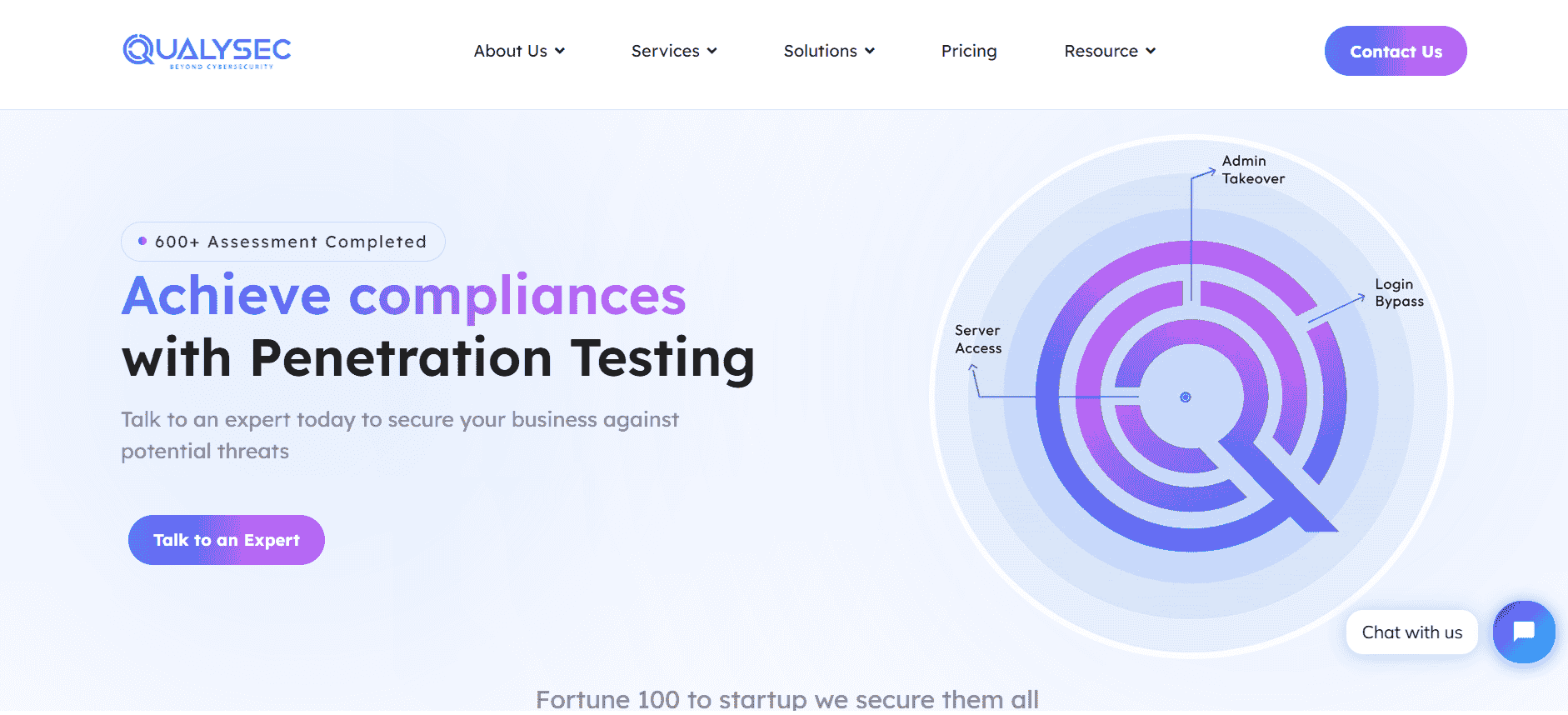








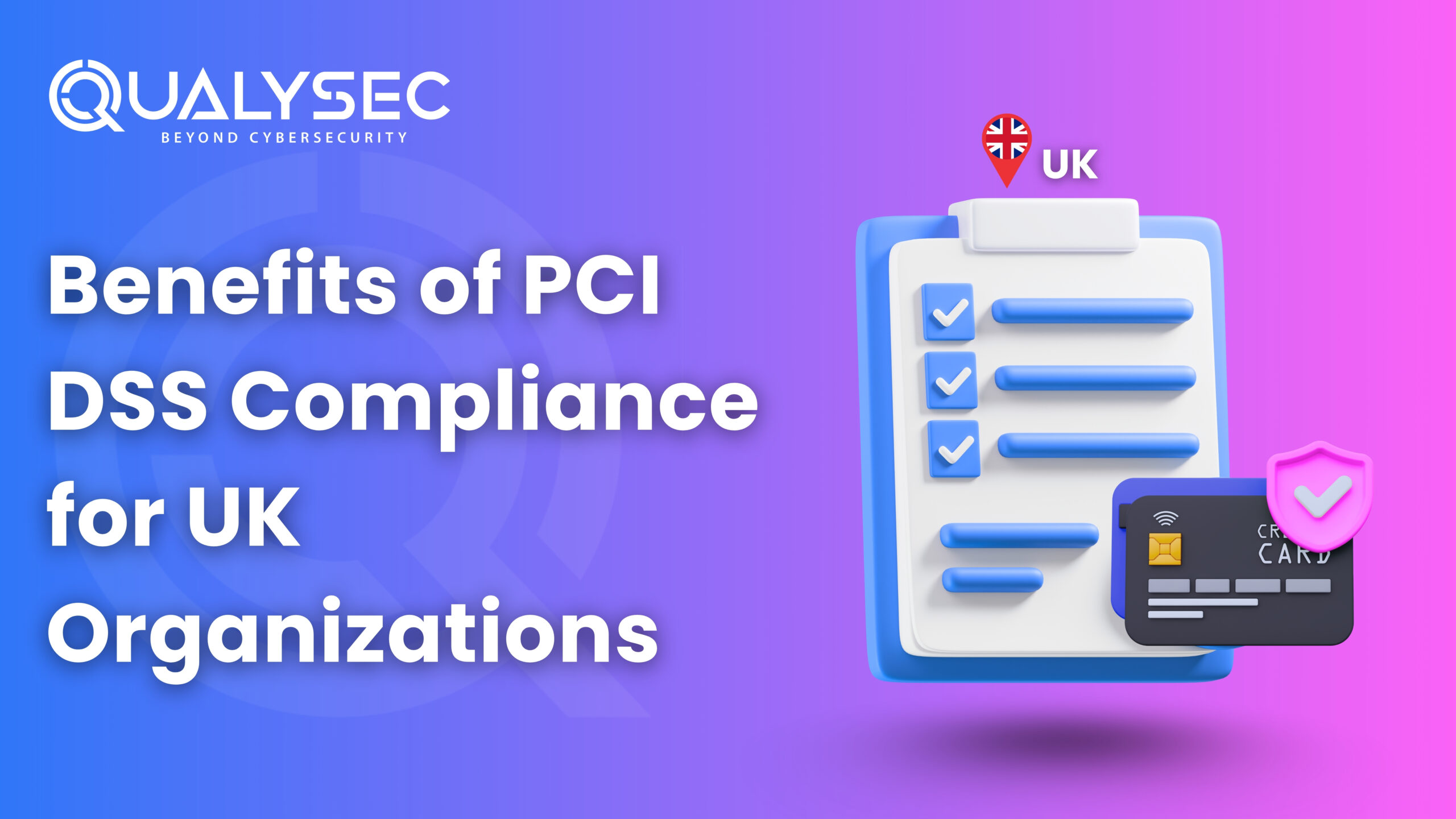


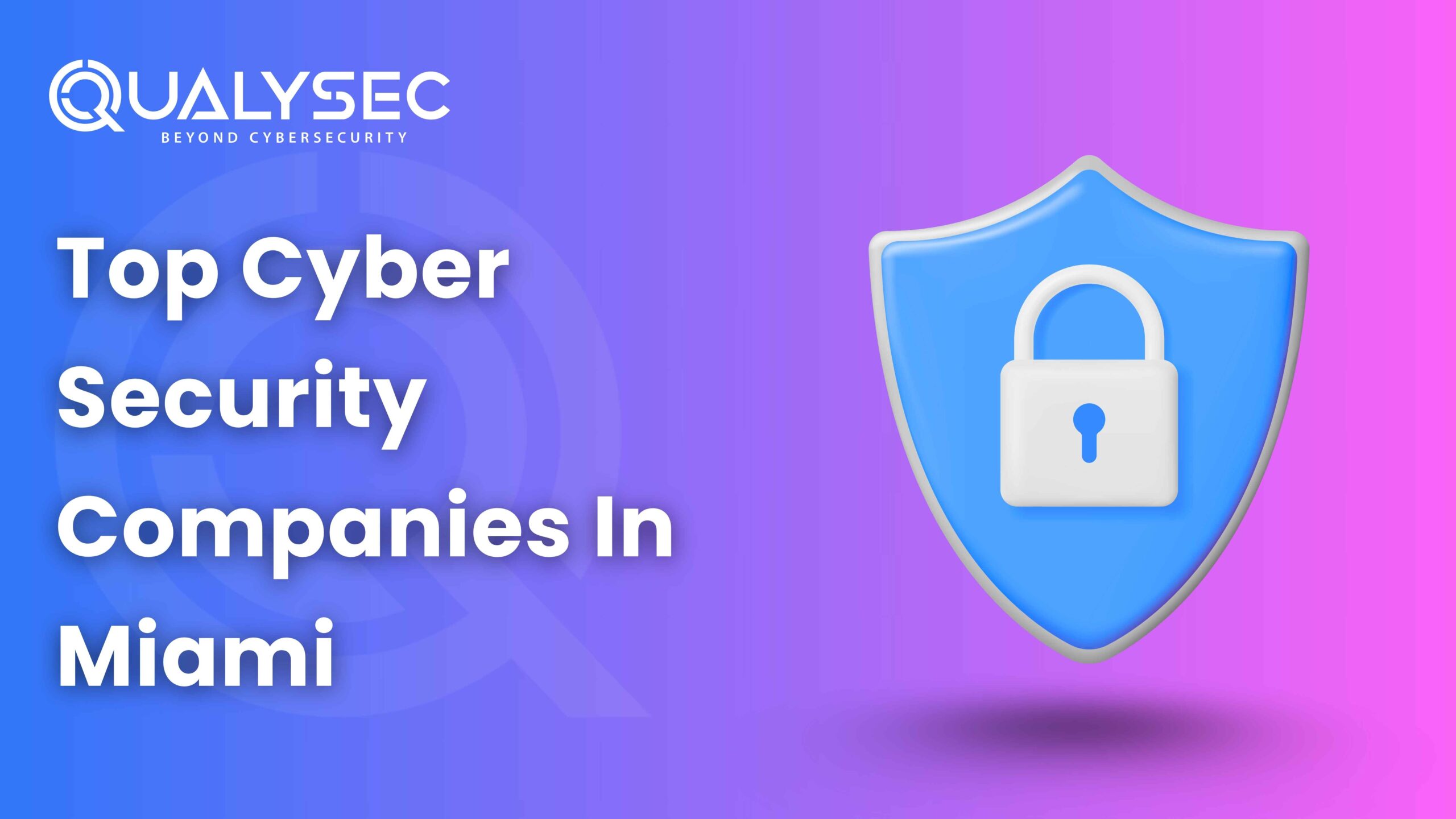


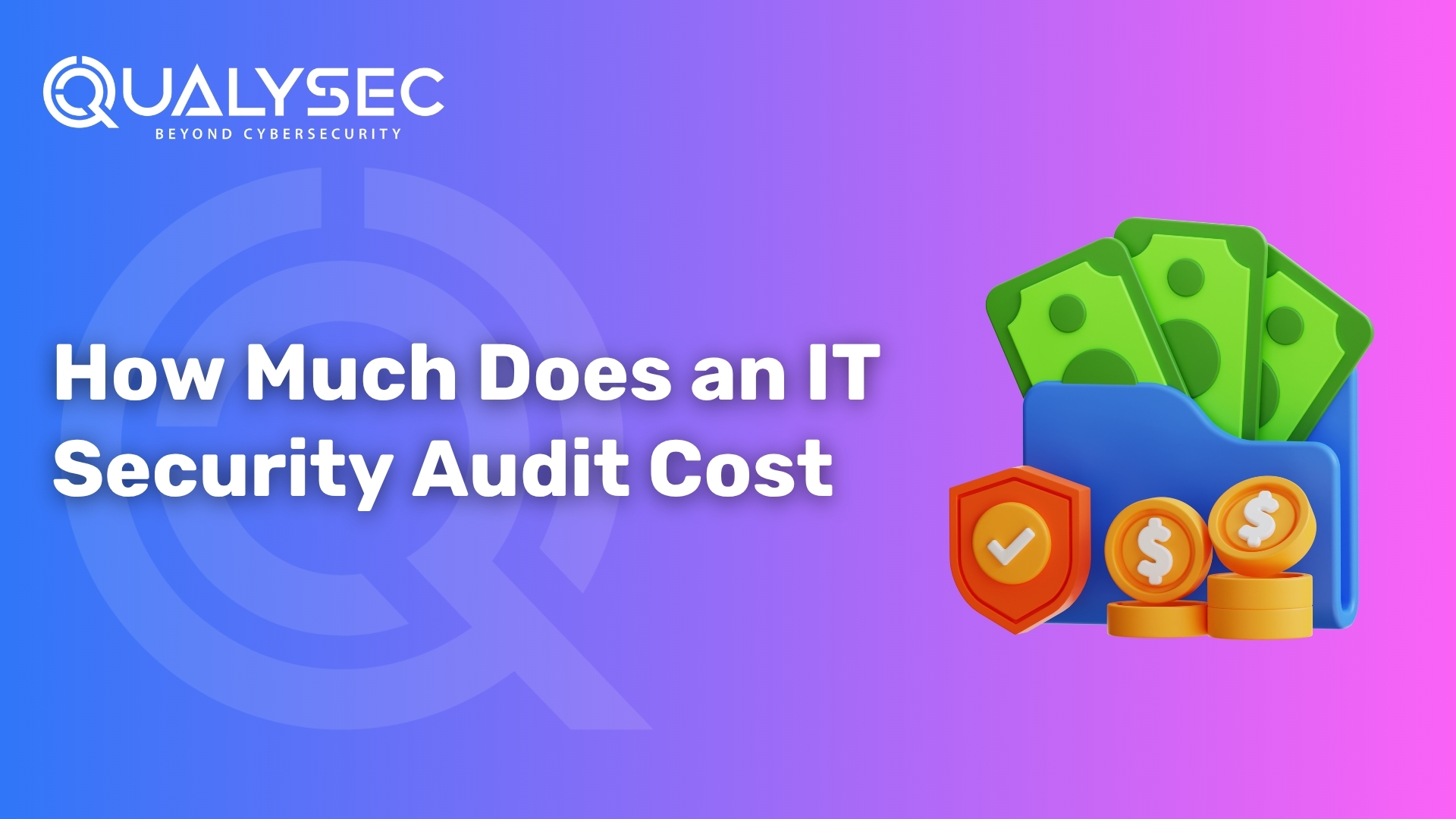


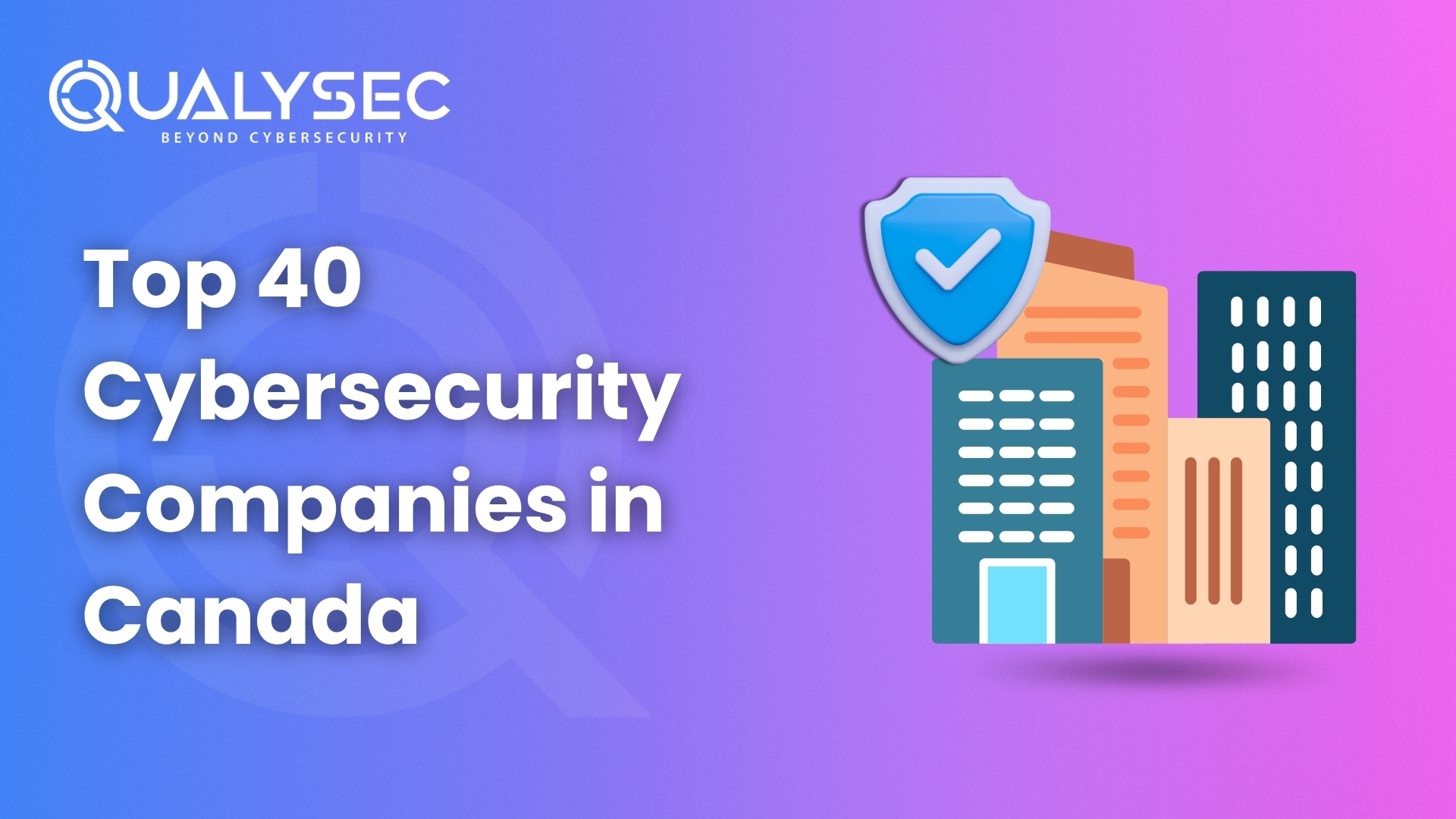
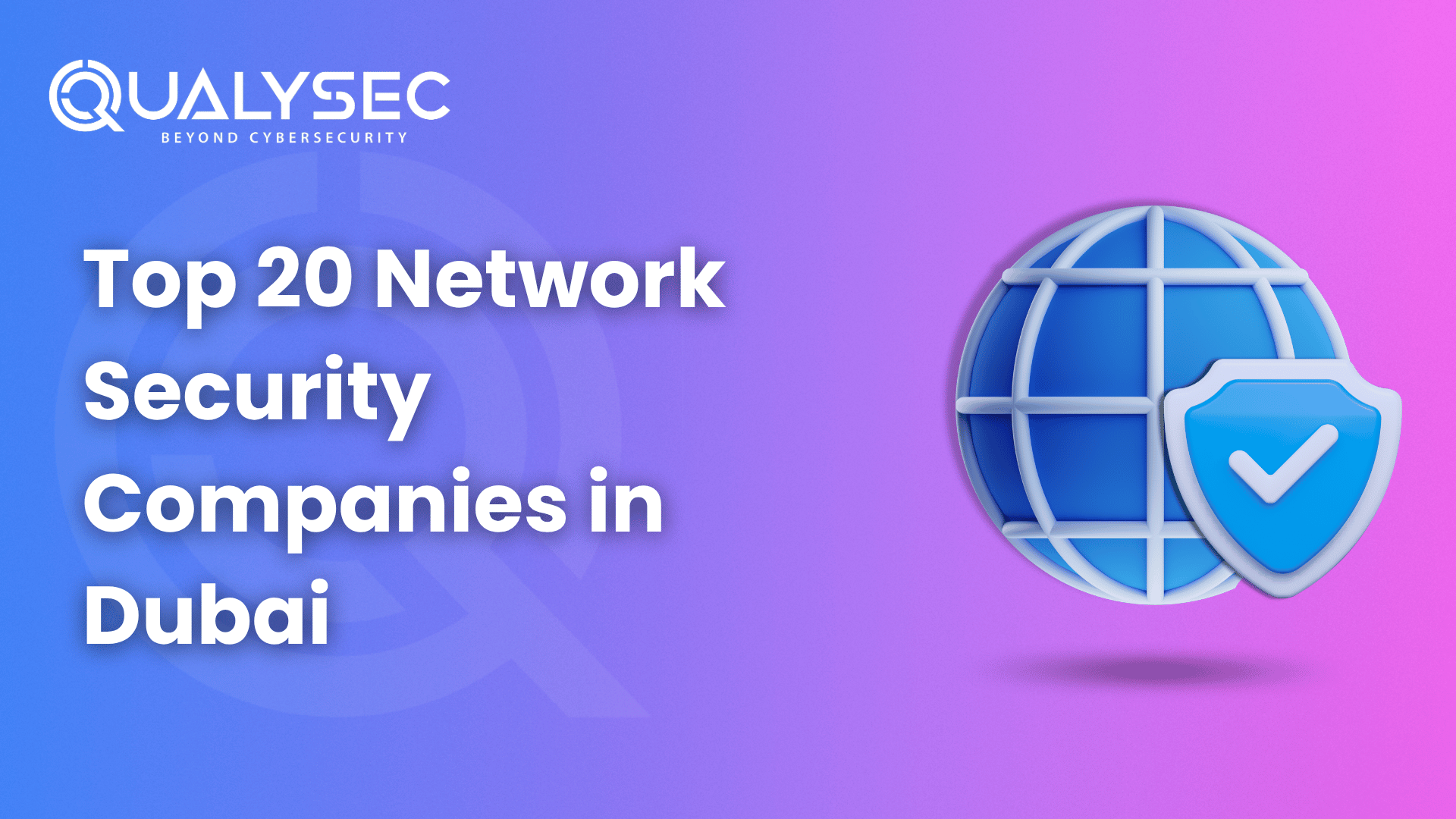
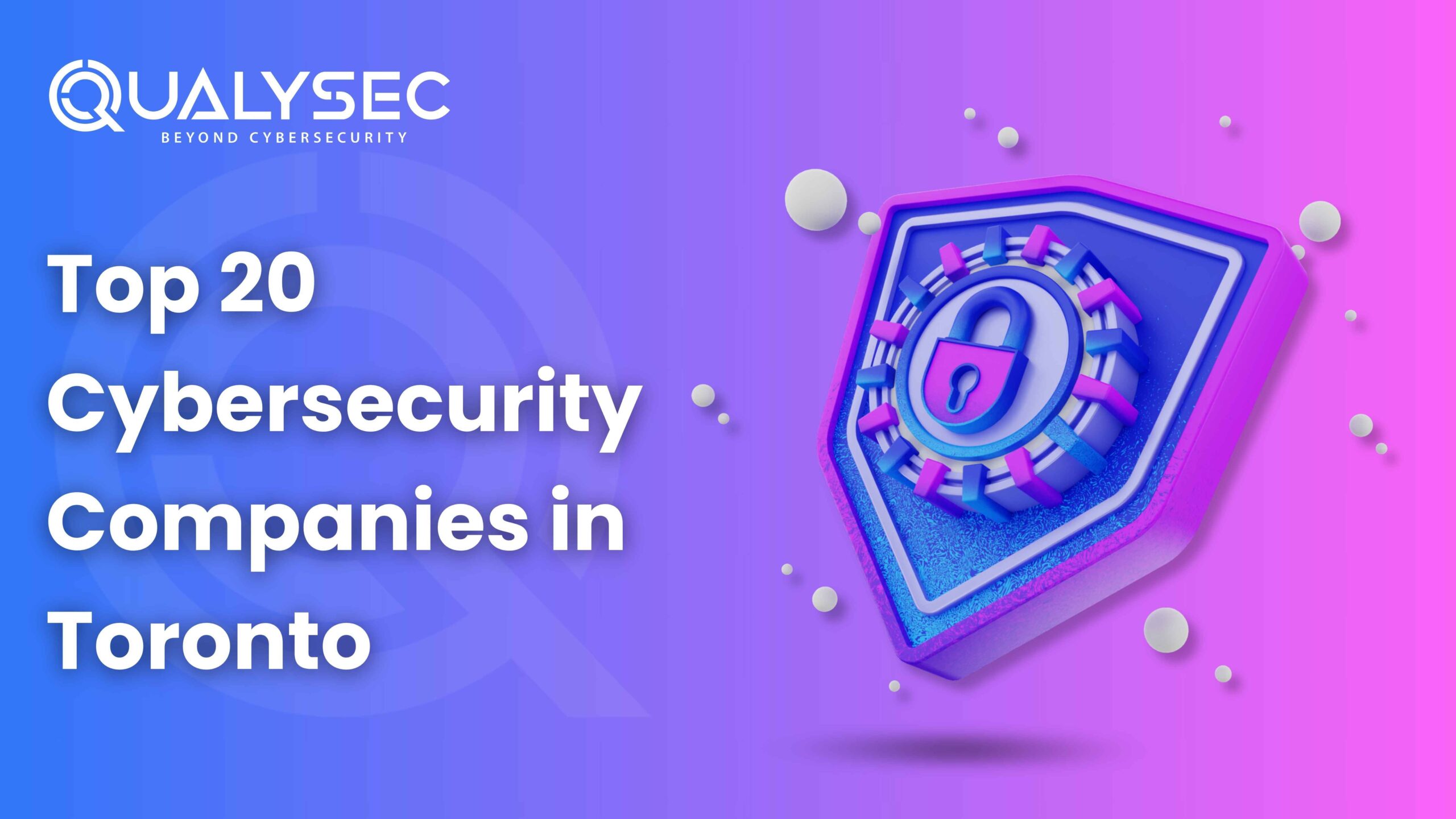
![Top 20 Network Security Companies in USA [2025 Updated List]](https://qualysec.com/wp-content/uploads/2025/05/Top-20-Network-Security-Companies-in-USA-2025-Updated-List-scaled.jpg)
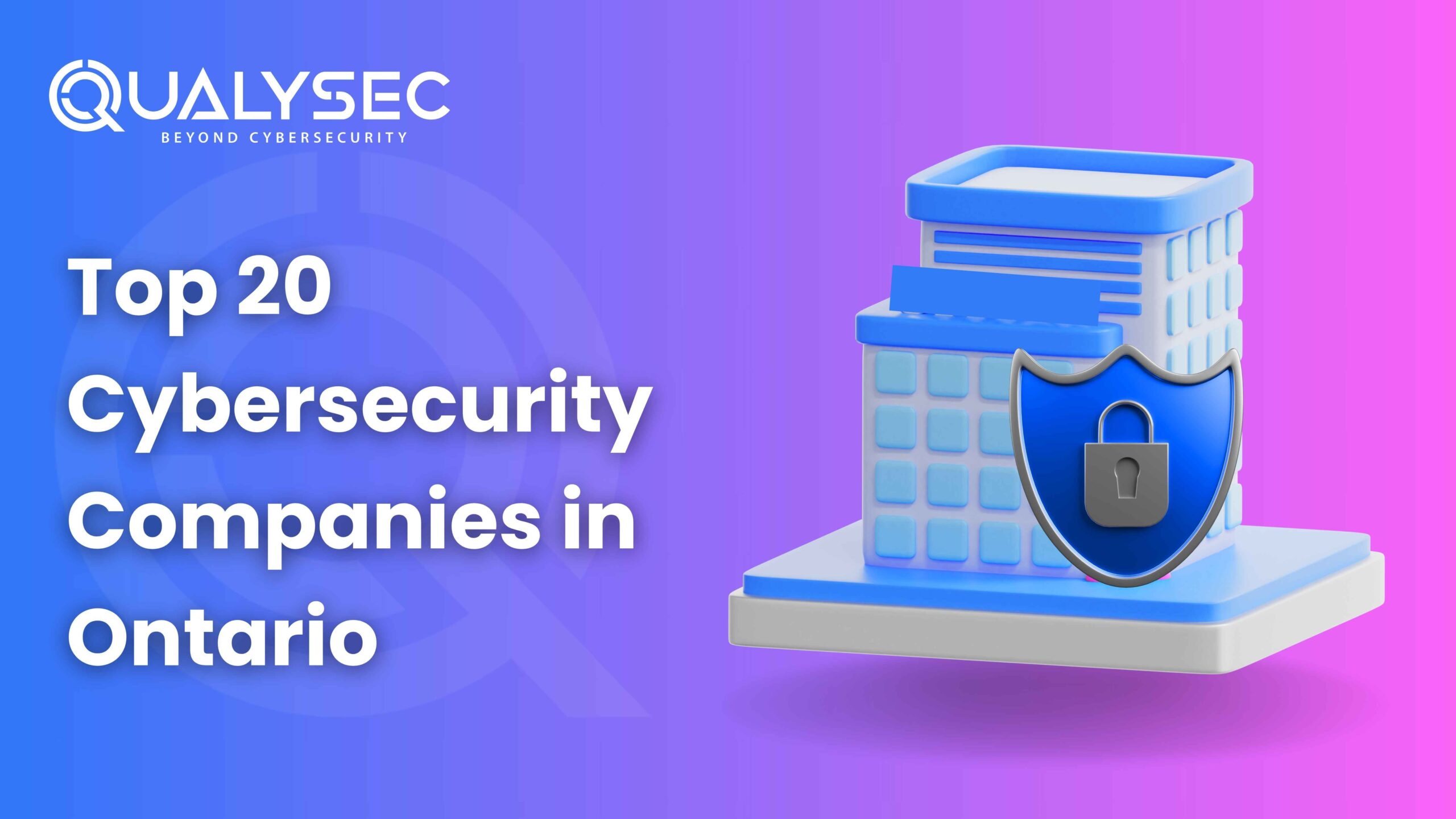
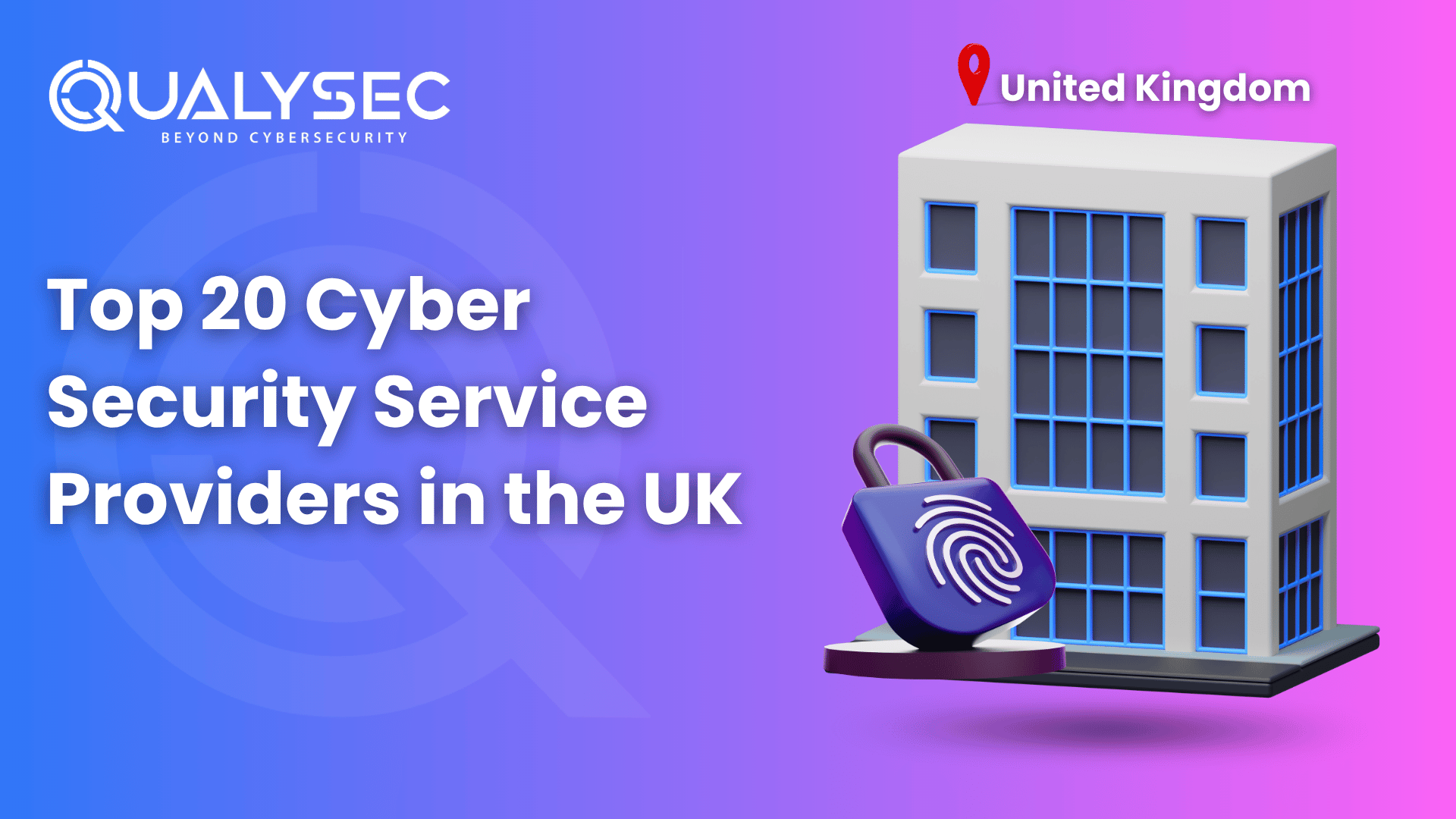

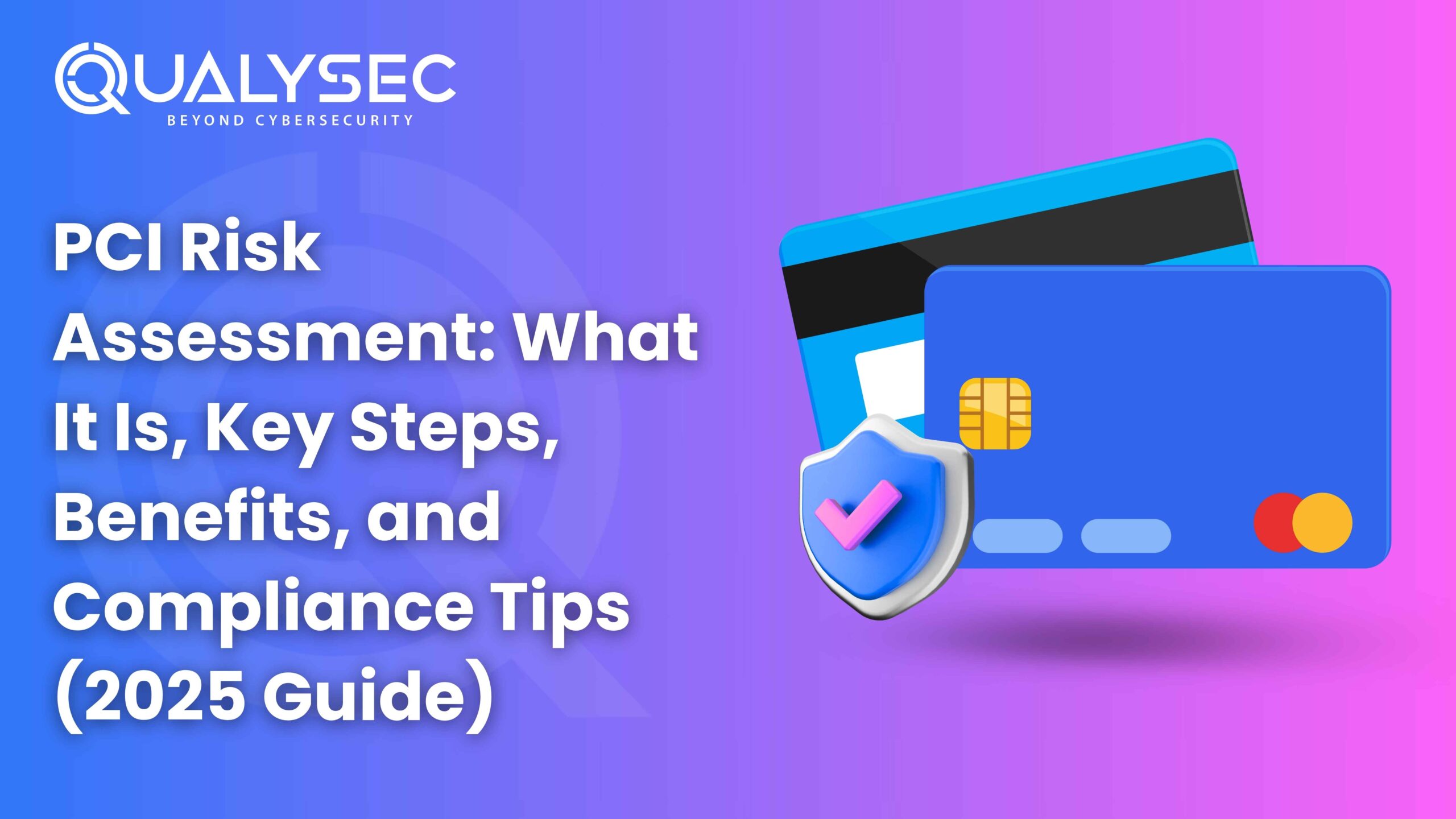
























































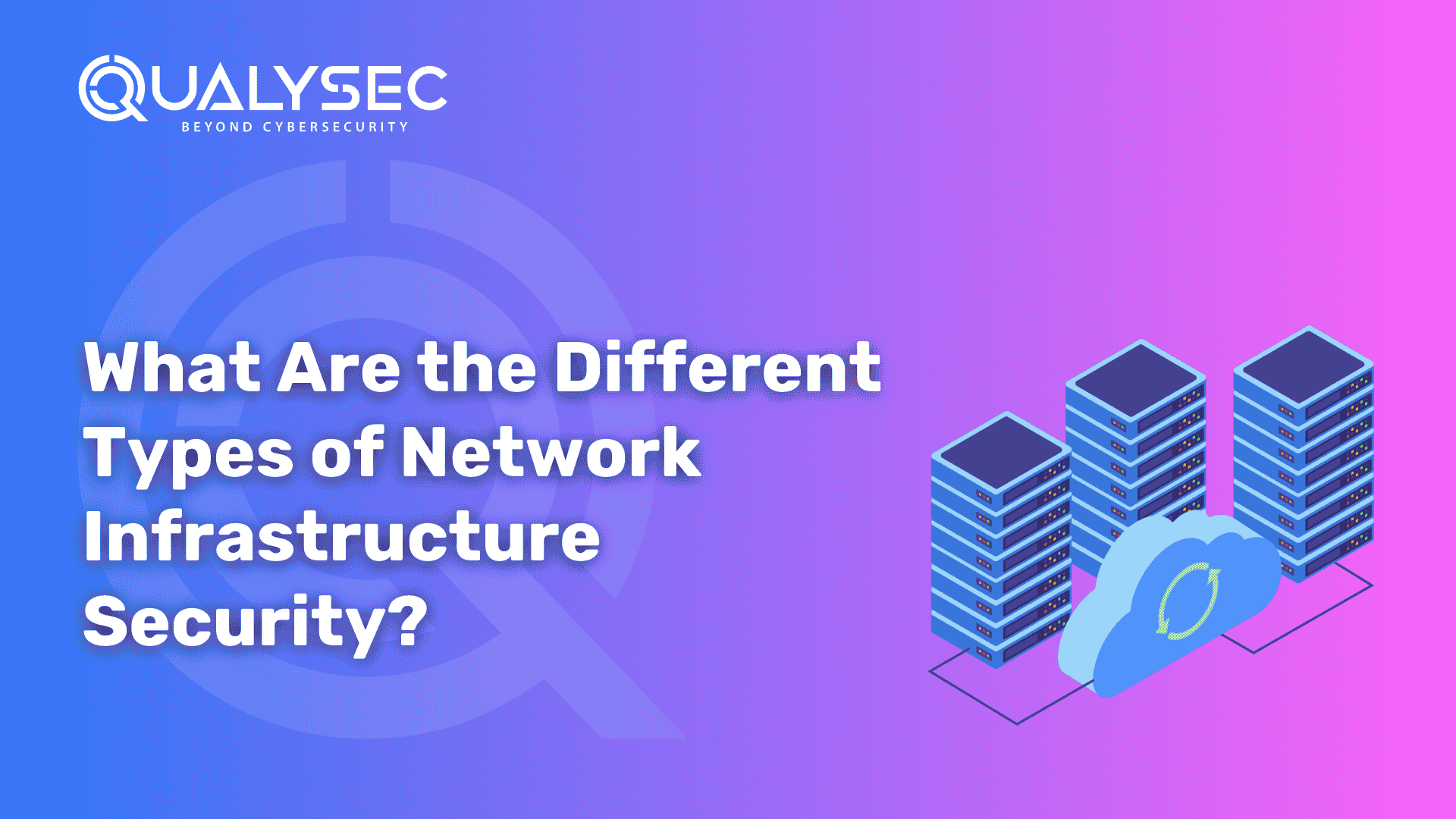








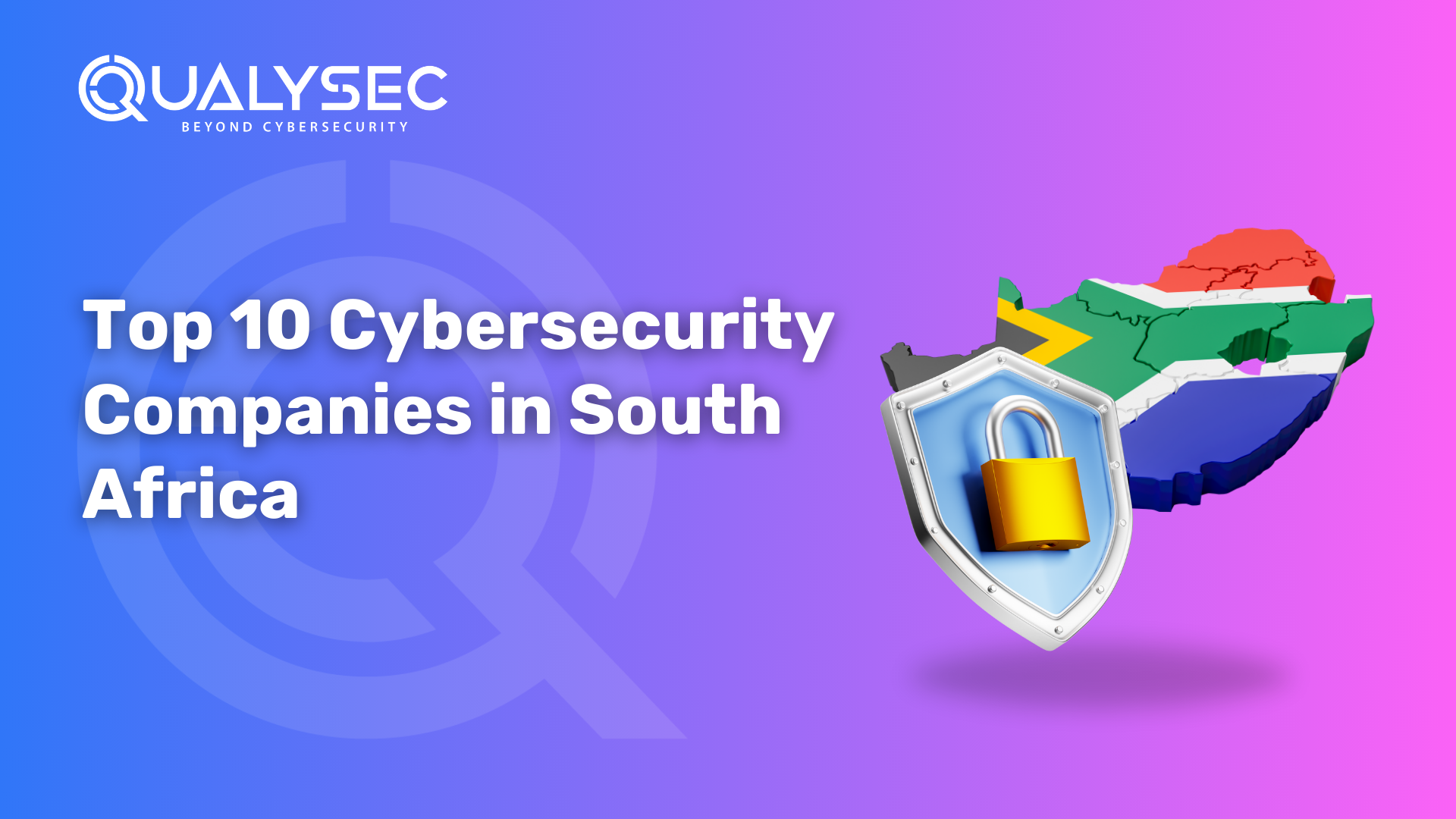
































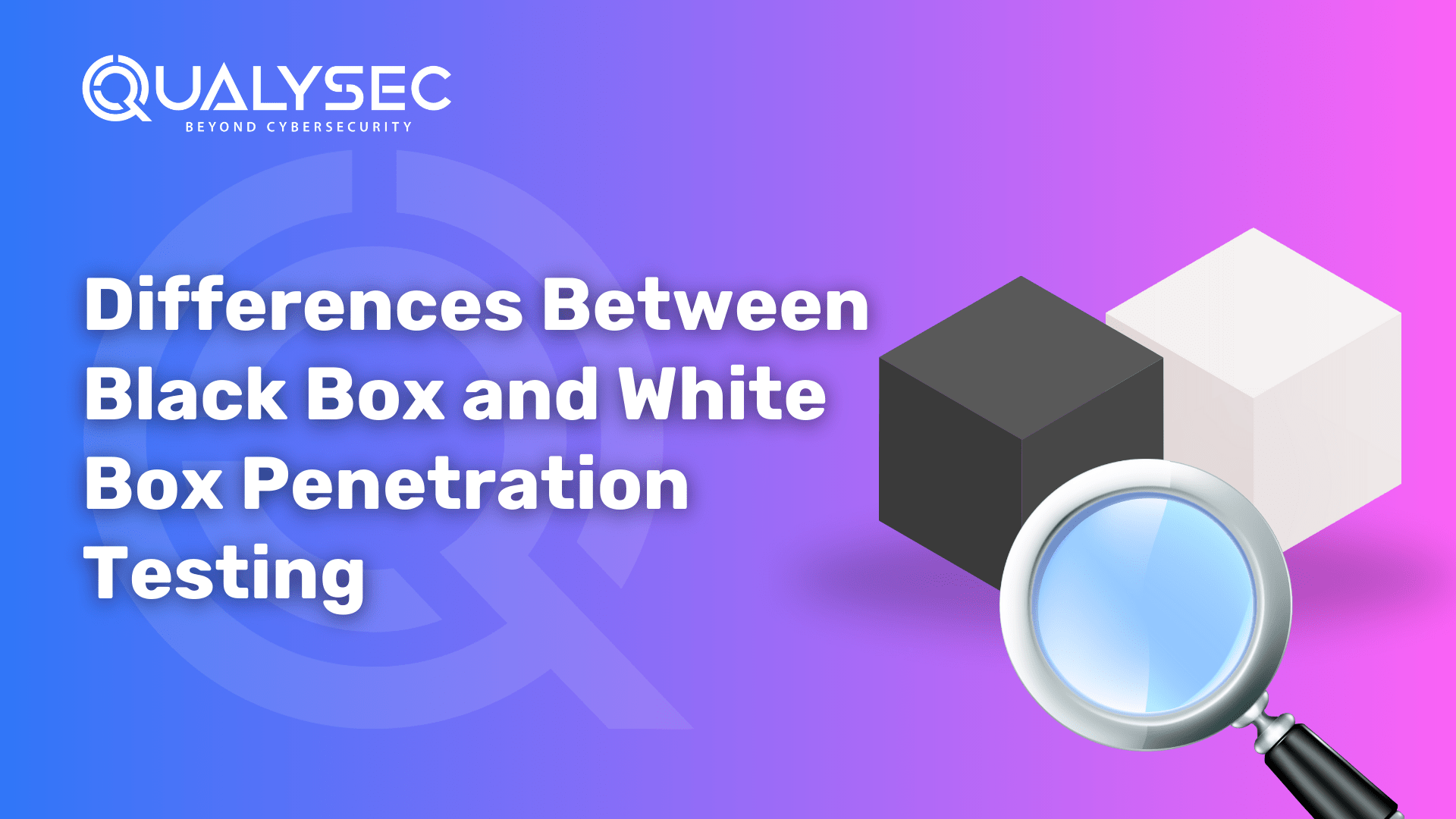































































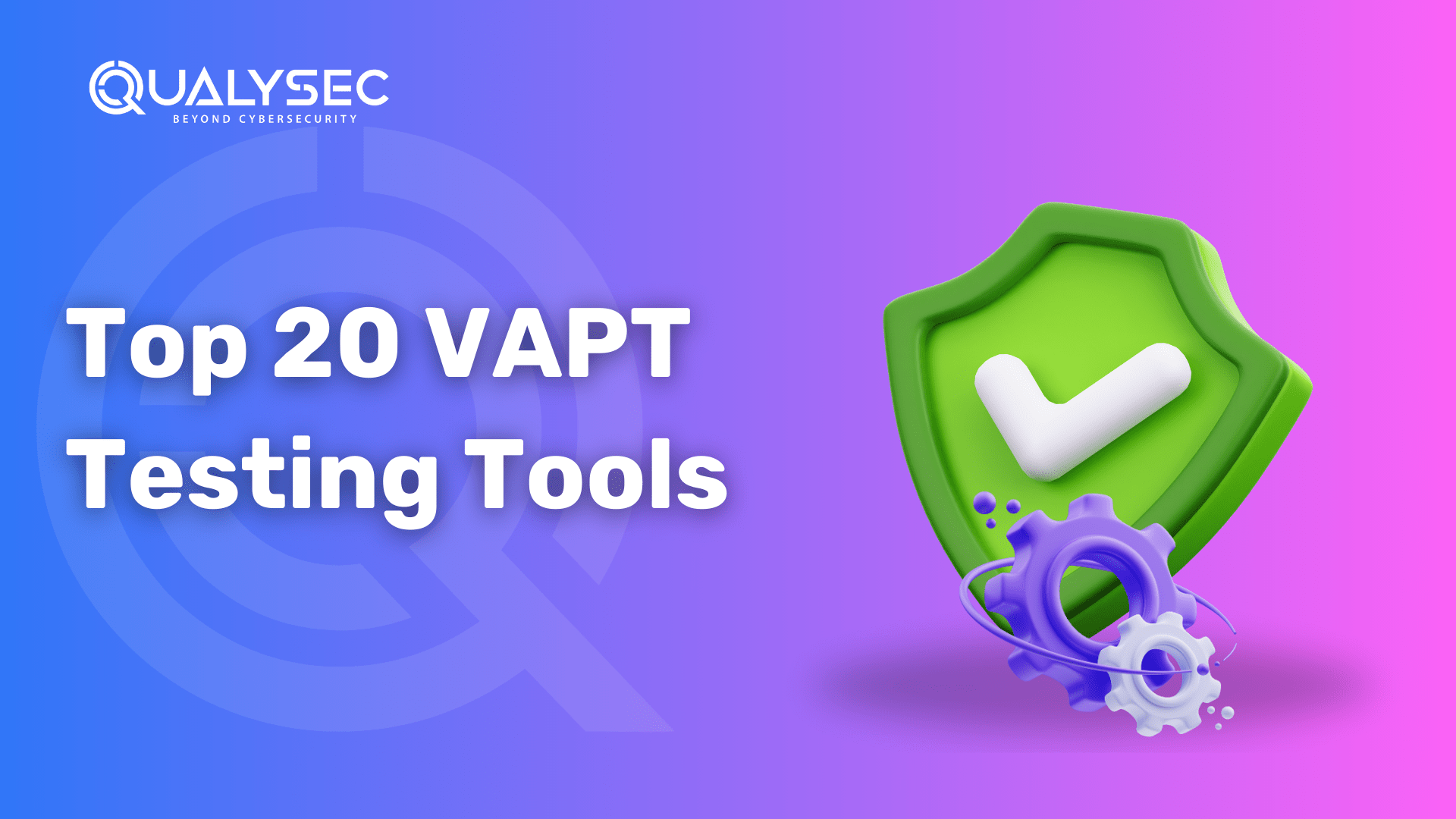








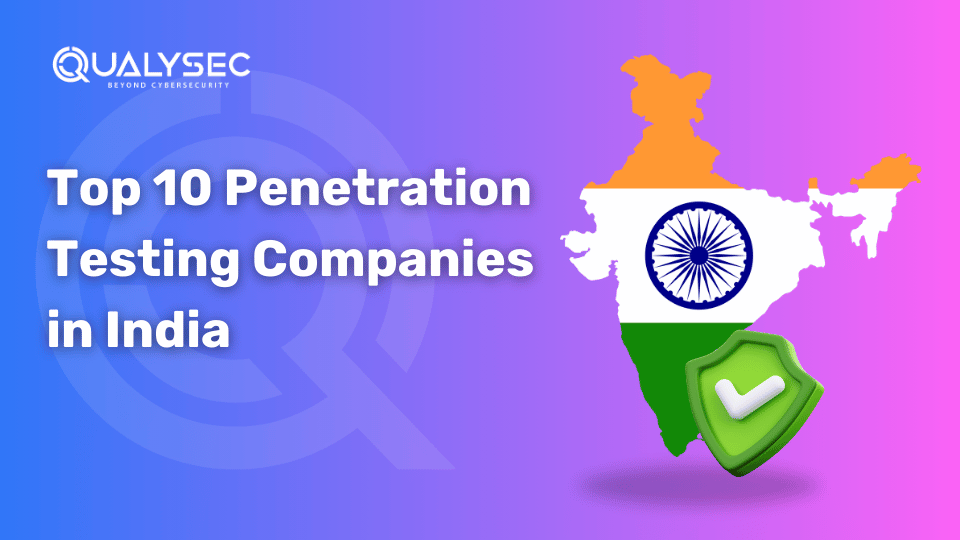






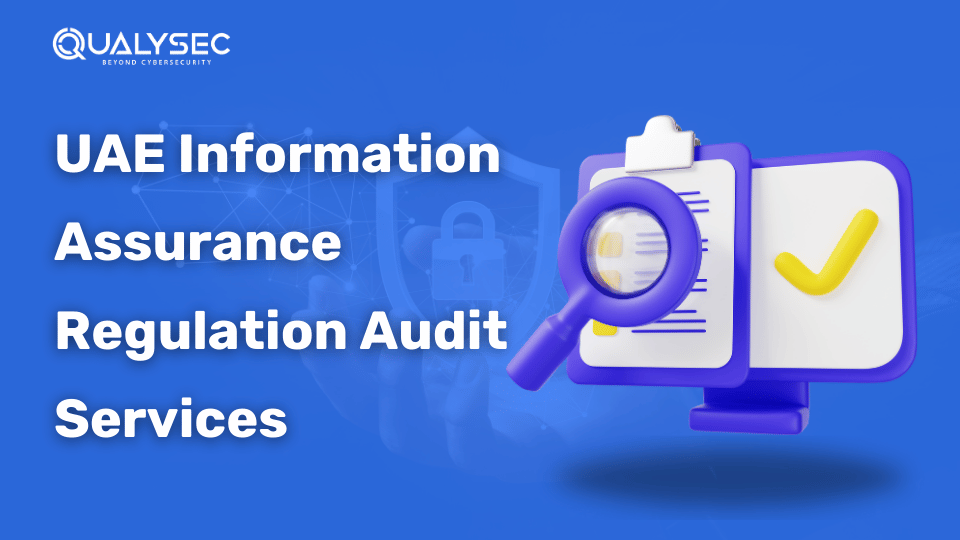










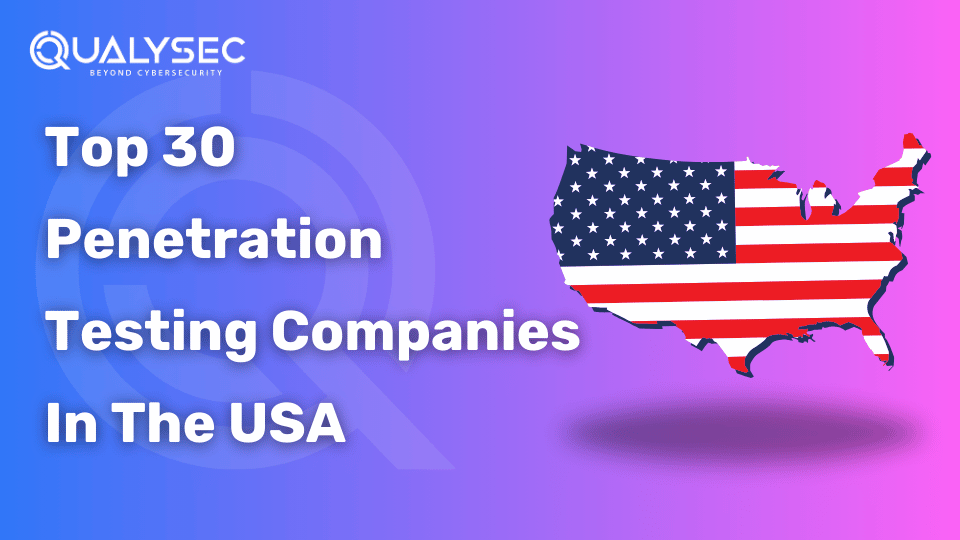
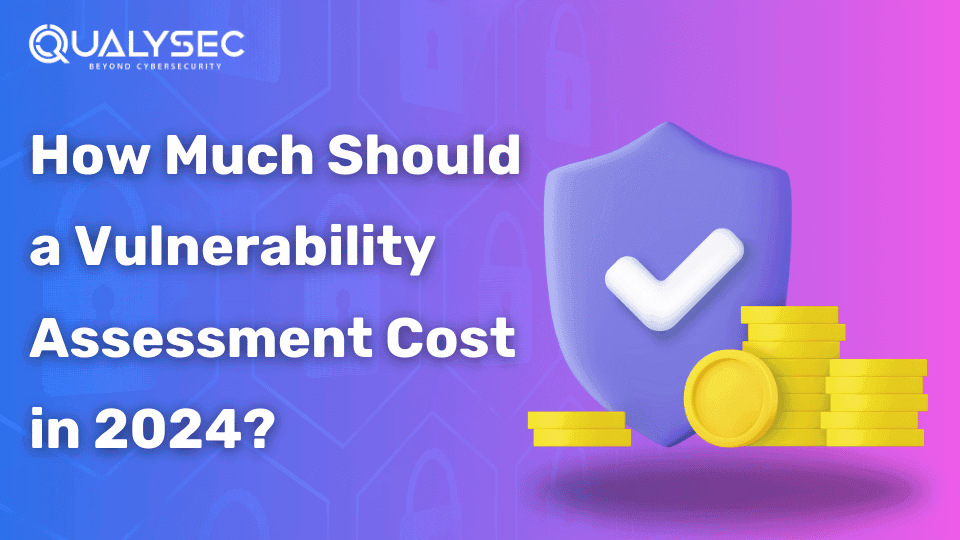








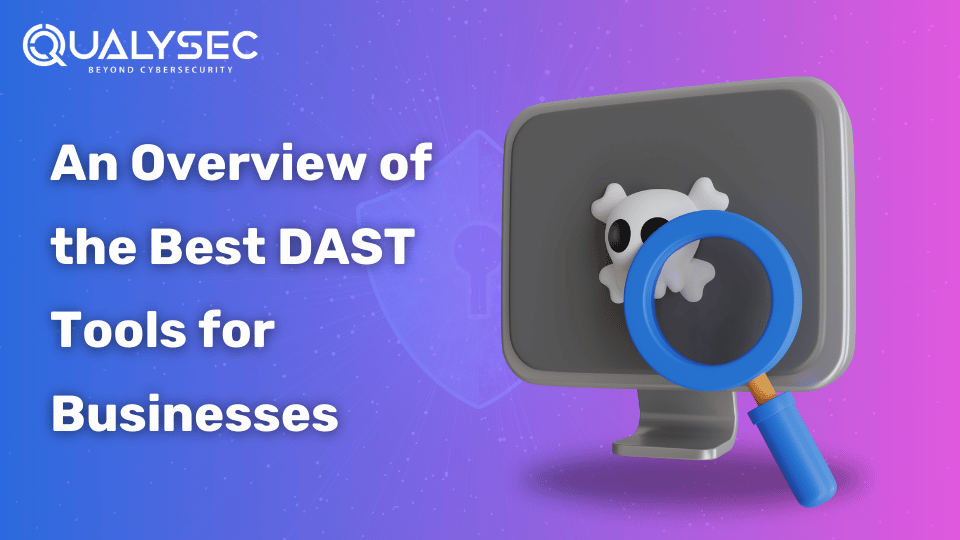










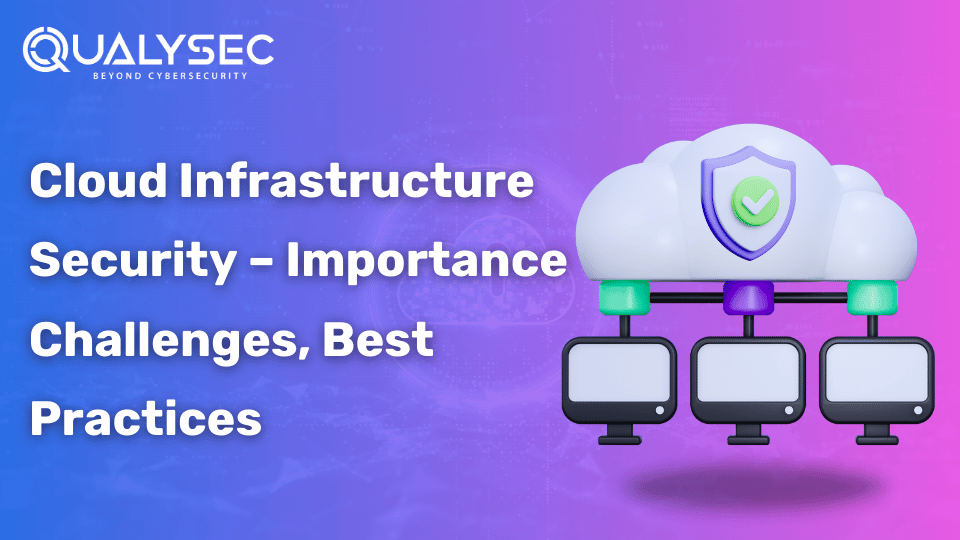


















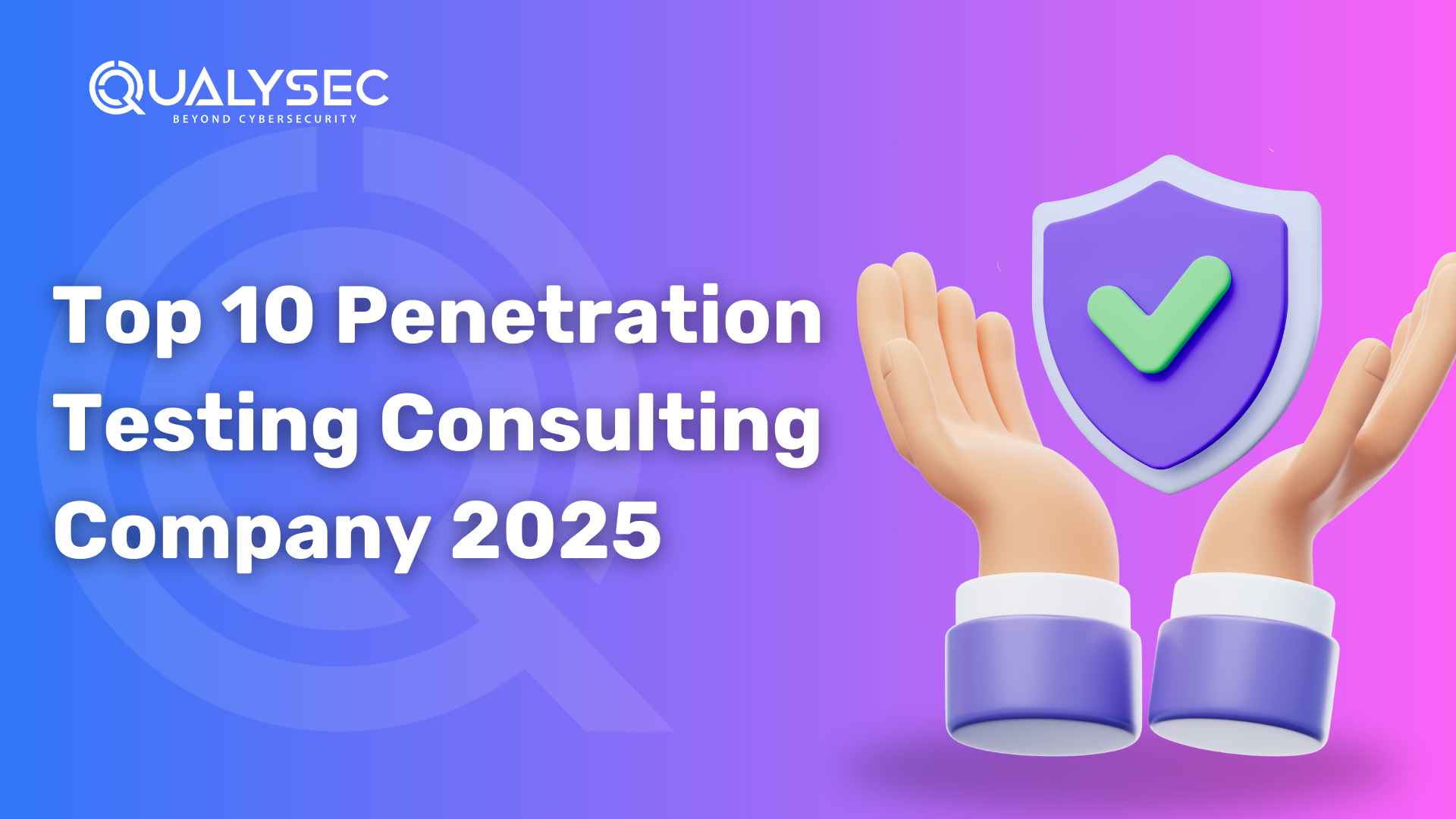

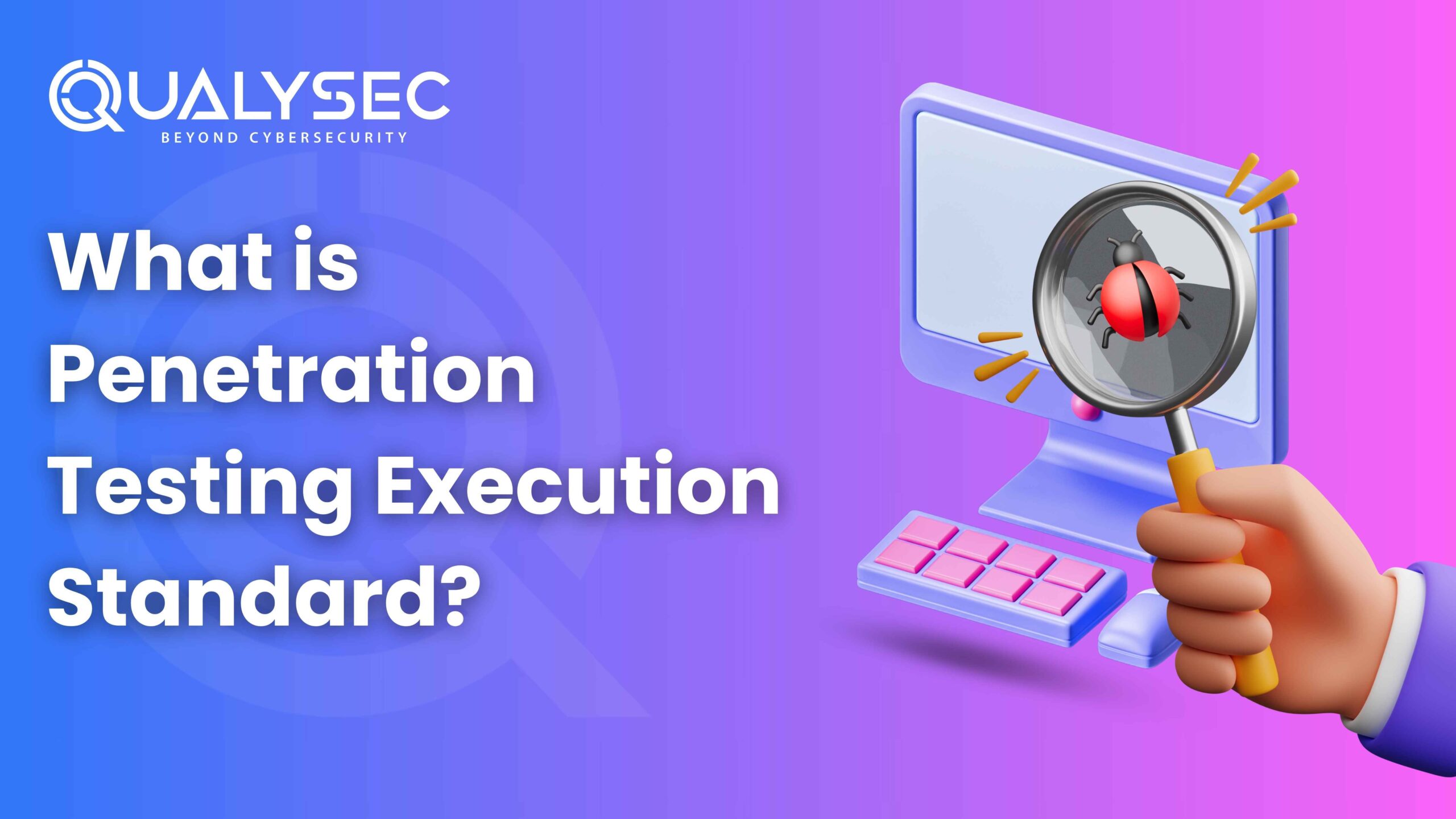





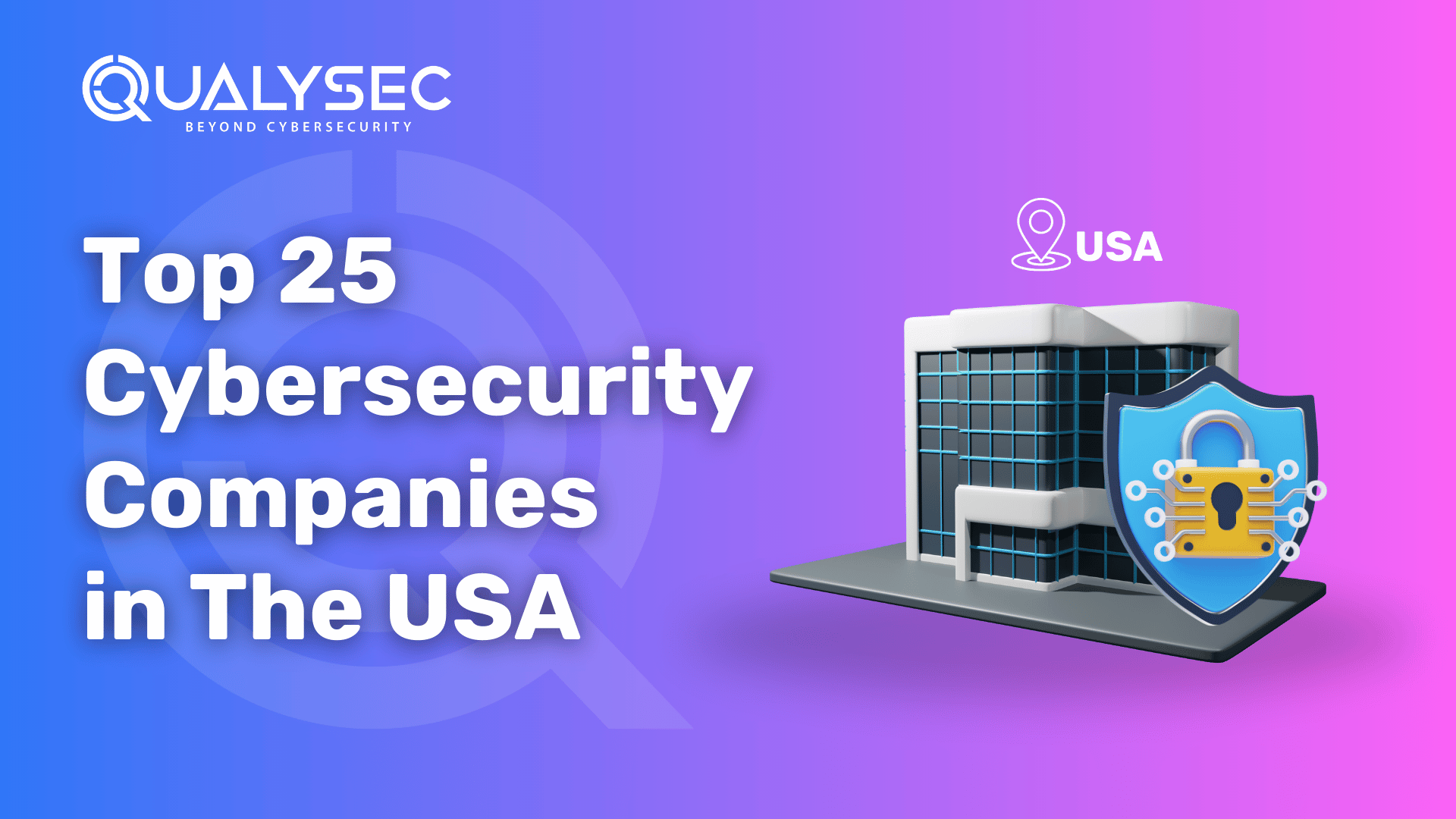





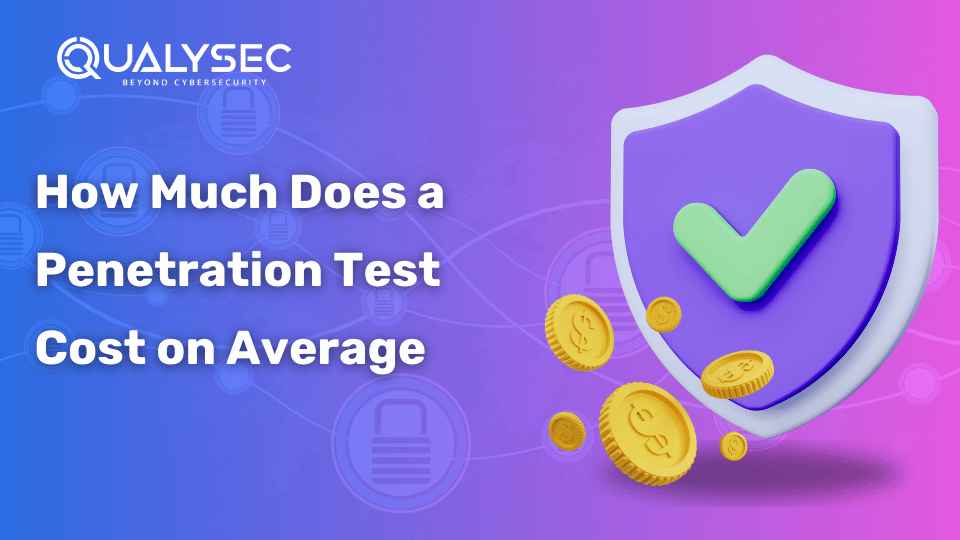






















































































































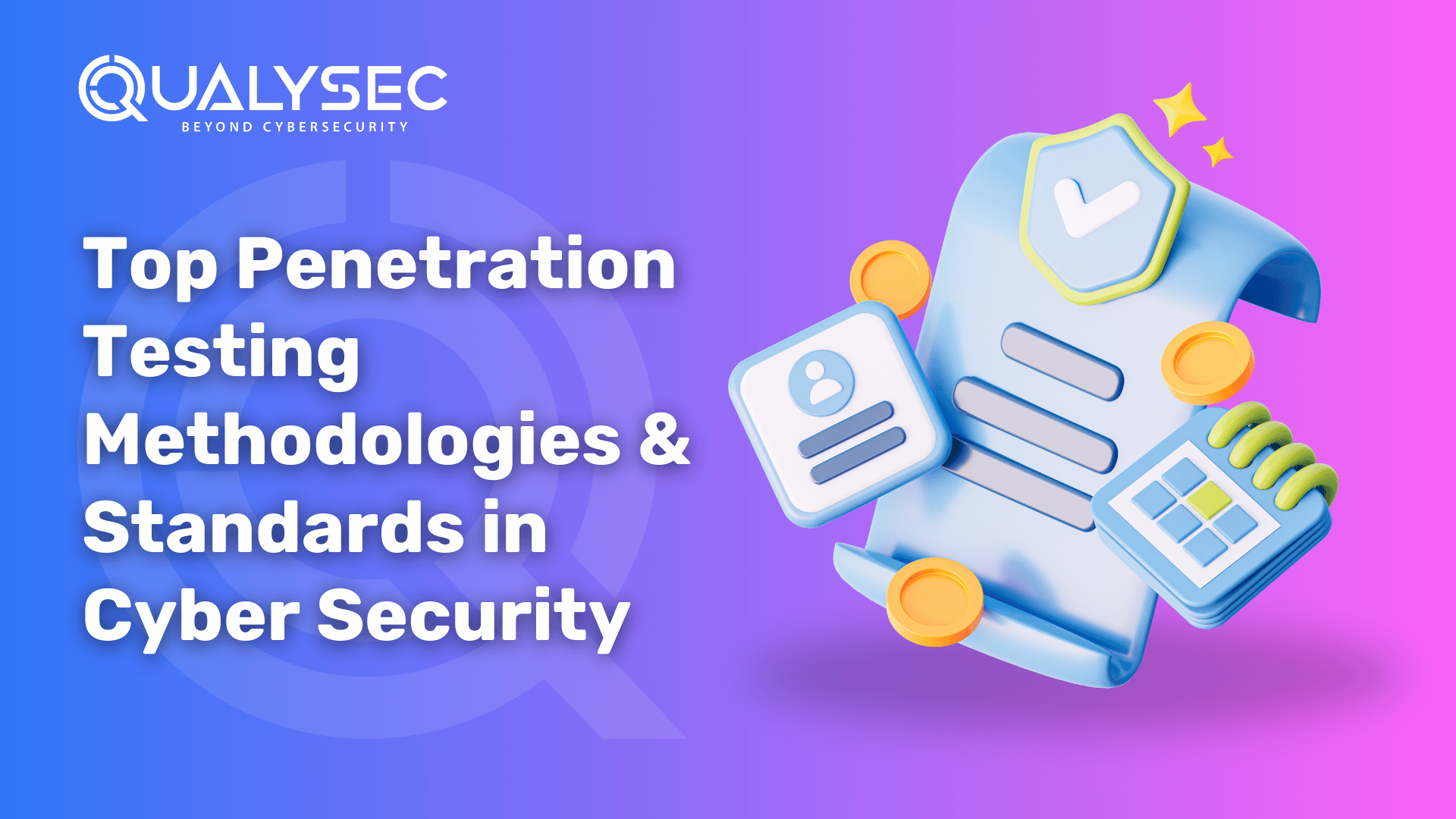











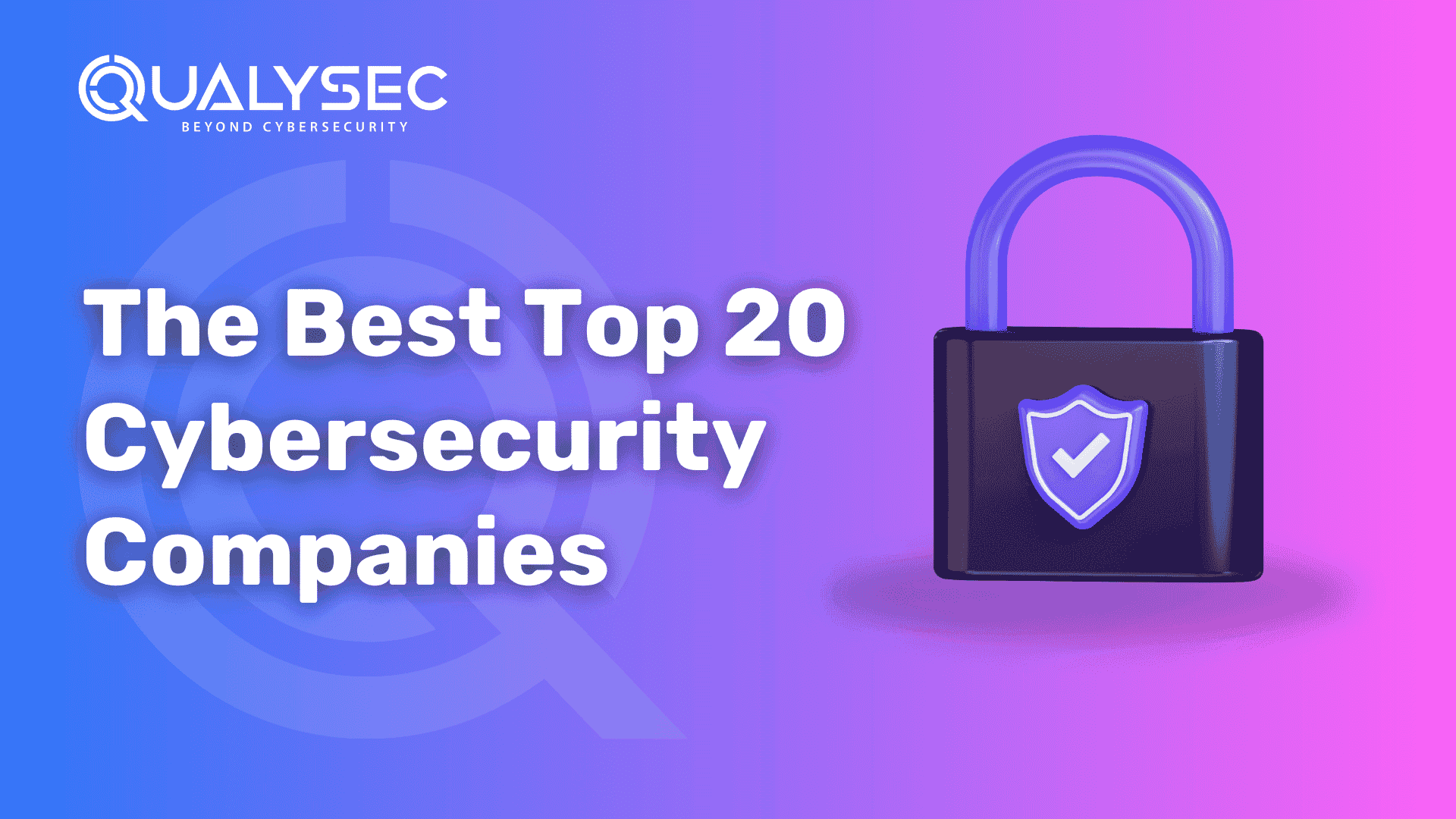
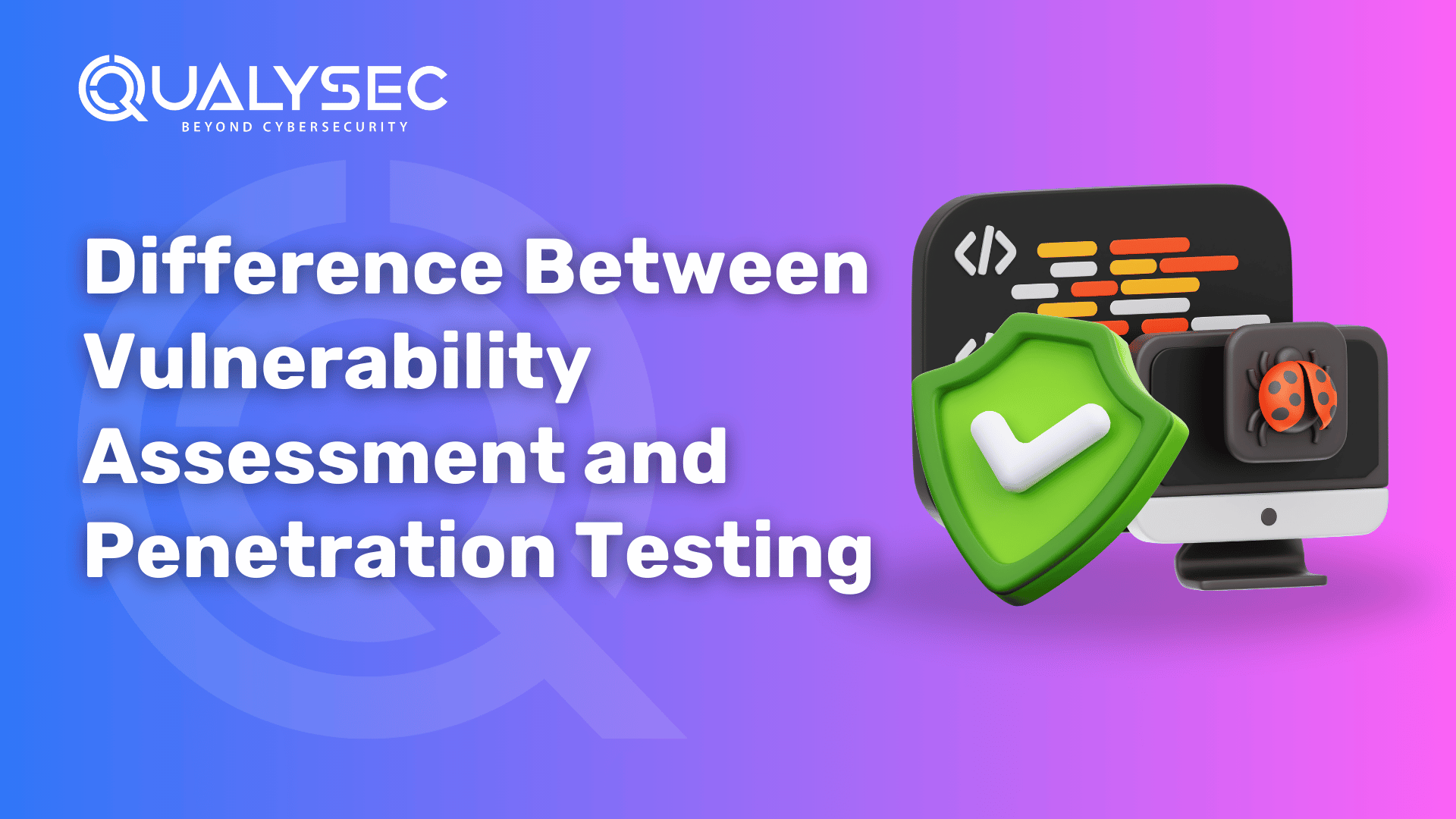


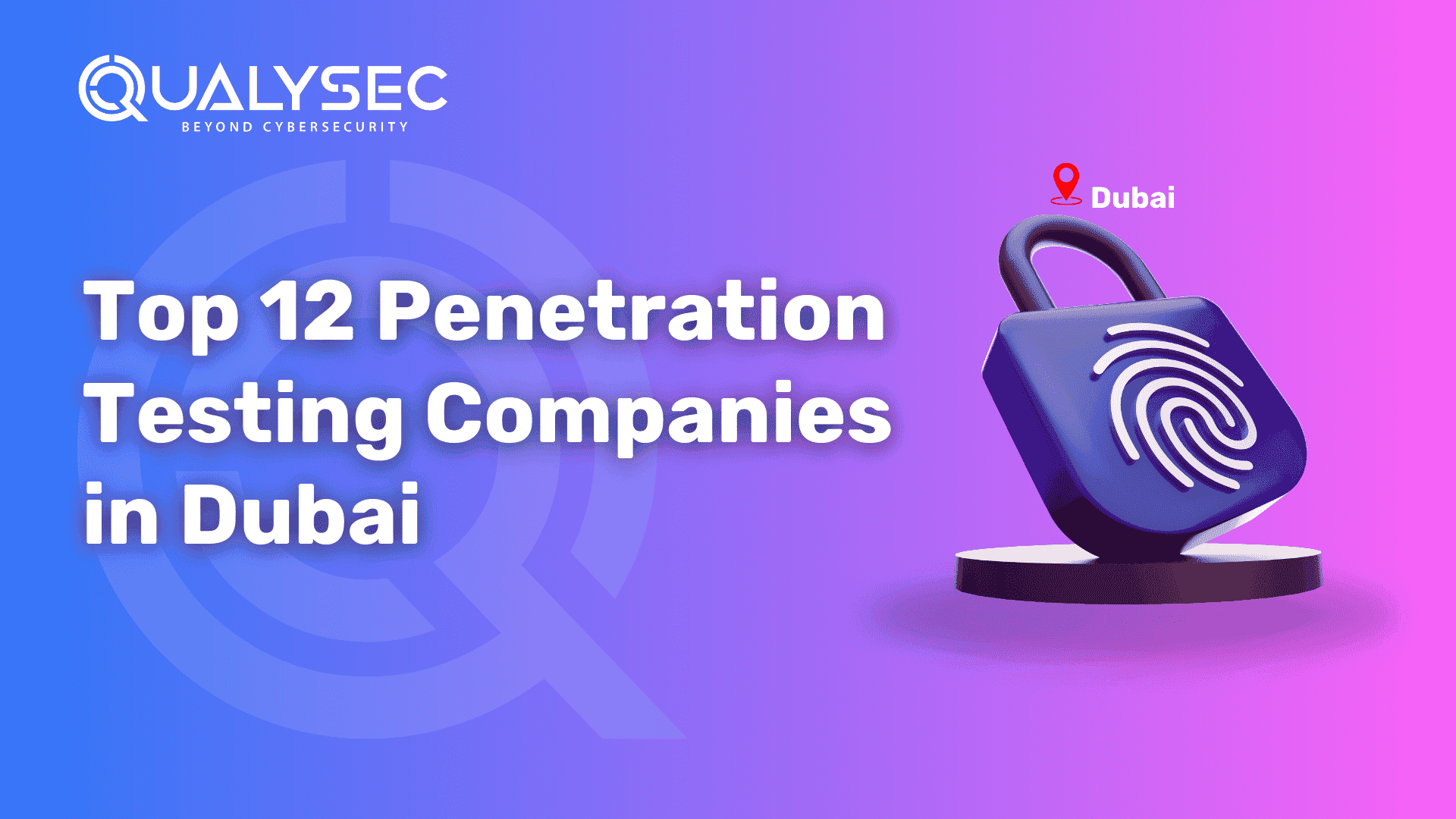
































































































0 Comments